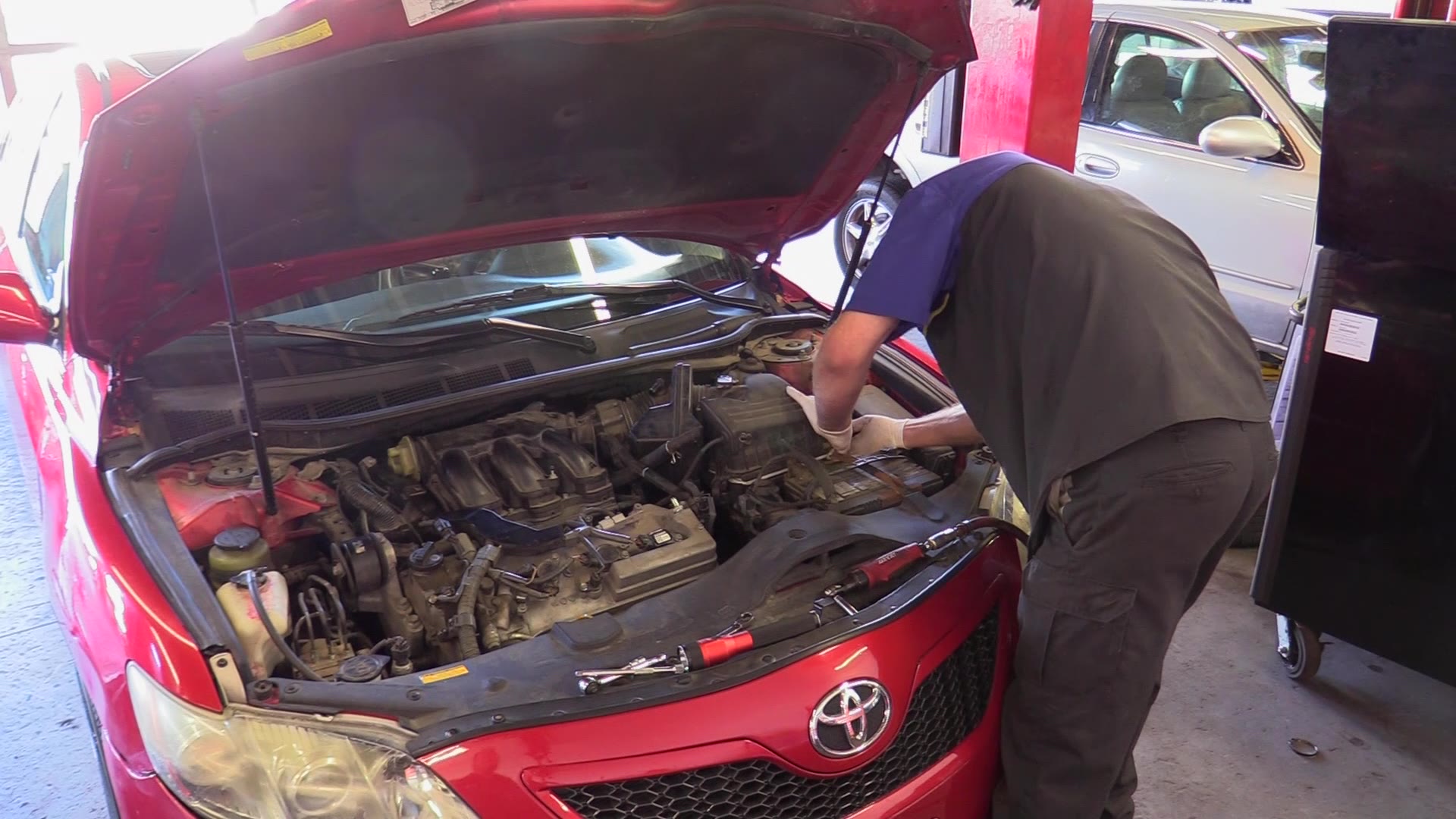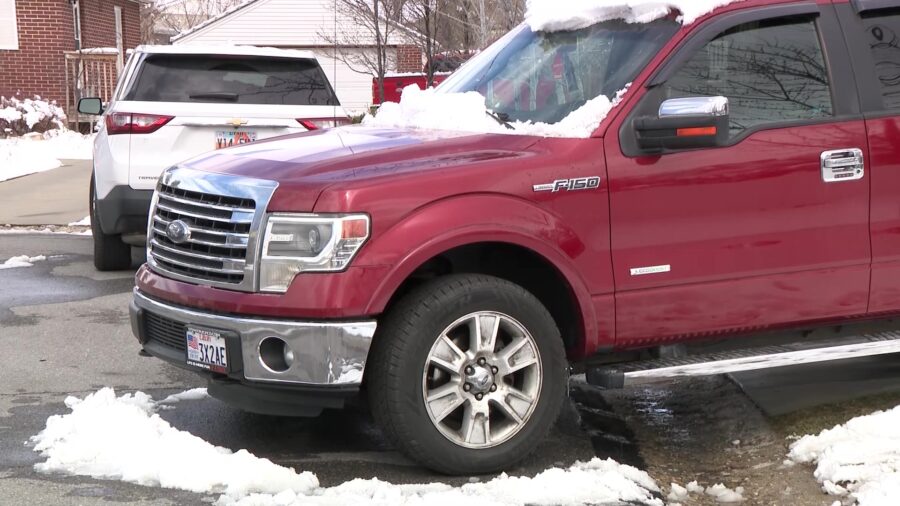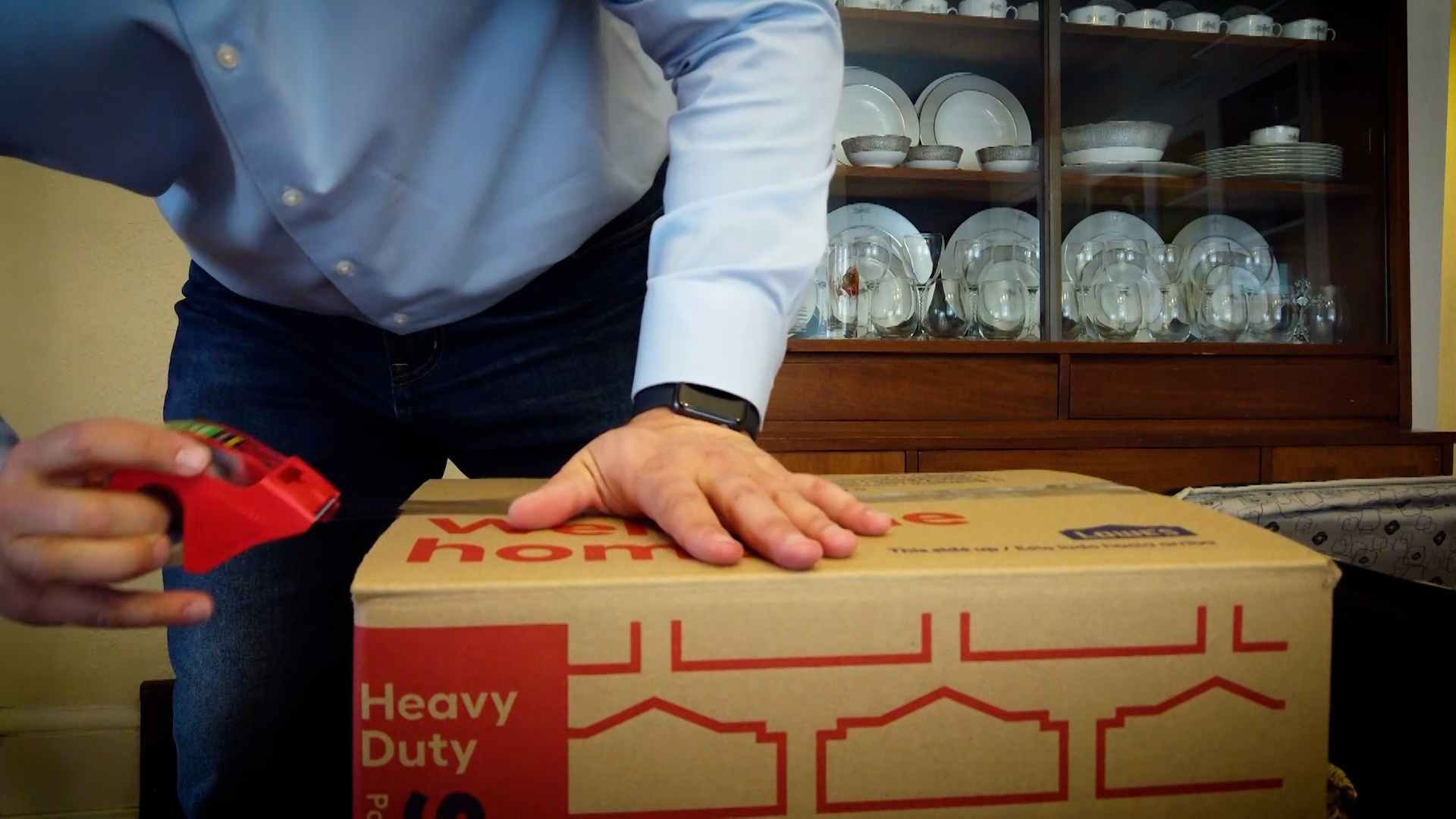Get Gephardt: Why Utah homeowners could lose a safety net against house liens
Oct 17, 2023, 11:26 AM | Updated: 11:30 am
HIGHLAND — If you pay a contractor for a job, how can you end up having to pay again? It happens all the time in the contractor world. And a safety net designed to protect homeowners from these double charges could go away.
Utah has a lien recovery fund that steps in when contractors don’t pay their workers and those workers come after the homeowner for payment. But it’s running out of money.
Homeowners on the hook for unpaid bills
Jeremy Burgon is all paid up on his recently installed athletic court in his Highland backyard. So, imagine his surprise when he received a letter from the company that supplied the concrete for the court, Geneva Rock Products, informing him the contractor, All Courts, never paid for the concrete.
The letter said the total owed is $11,405.23 and that Geneva Rock is threatening to put a property lien on Burgon’s home. It’s a legal move that could eventually force Burgon to sell his home to settle that debt.
“We just assumed that because the money had already been paid they were being paid,” Burgon said.
Geneva Rock was not paid, which Burgon says is unfortunate but wonders why they’re coming after him, rather than the contractor who didn’t pay them.
“Of course, All Courts is ultimately responsible as the contractor but Geneva — there was never anything, any paperwork, or any sort of agreement between us and them. So, it does seem a little bit strange that’s allowed to happen,” he said.
Who can put a lien on your house?
That is, however, the law. In Utah, “any person or entity who performs labor” or “furnishes materials” to make a property better, gets to lien that “real property” if they are not paid.
“We hate cleaning houses,” Jay Ritchie, president of Geneva Rock Products, told KSL. “You need to understand that we feel the same thing the homeowner does. They’re a victim, we’re a victim.”
Geneva Rock cannot go after the athletic court company. As KSL has reported a few times, All Courts went out of business, leaving a lot of consumers hanging who paid for work they did not get. They left suppliers hanging, too.
Ritchie says Burgon’s house is one of many where they supplied concrete for which they weren’t paid.
“$329,000 is what we’re talking about we are owed,” Ritchie said. That is stemming from about 52 customers.
Vanishing safety net for homeowners
A safety net in Utah was designed to protect everyone from situations just like this. It’s called the Residence Lien Recovery Fund.
If a homeowner follows certain rules, like making sure there is a signed contract with a licensed contractor, if that contractor does not pay suppliers or subs resulting in a house lien, the fund steps in to pay off the debt and make the lien go away.
Money for the Lien Recovery Fund came from contractors through a fee they paid when they applied for their licenses. But starting in May 2018, the state stopped assessing that fee and now, the fund is running out.
Mark Steinagel is the director of Utah’s Division of Professional Licensing which administers the Lien Recovery Fund. Back in 2018, he was among those wondering out loud if the fund was worth it since administering it costs money and the division really didn’t get a lot of claims.
Steinagel says that is changing. Inflation and other tough economic factors have more people turning to the fund for help. But he predicts it will run dry in about a year.
“The money in the fund is winding down unless the legislature reinstates assessments,” he said.
Asked if the legislature should reinstate those assessments, he said, “I think that his is a very important policy discussion.”
It’s a discussion Steinagel is confident lawmakers will have when they convene in January.
“We’d like to see the Lien Recovery Fund stay,” said Geneva Rock’s Ritchie.
An unreplenished lien recovery fund
If the fund goes unreplenished, subcontractors or suppliers like Geneva Rock Products will have to either take a loss or follow through on their property liens on unfortunate homeowners like Burgon, who already paid their contractors for the work or supplies.
“Currently, there are protections in place for the homeowner,” said Ritchie. “That’s why the lien Recovery Act was put in to protect residential homeowners.”
“I just don’t think that homeowners should be the ultimate ones to bear absolute and ultimate risk on this,” said Burgon.
The good news for All Courts clients like Burgon is the Lien Recovery Fund still has a few dollars and cents left so they can hopefully apply to get those debts paid and the liens removed. But unless the legislature decides to put more money in, that safety net will go away for homeowners in the future who face a house lien because a contractor didn’t pay their subcontractors or suppliers.













